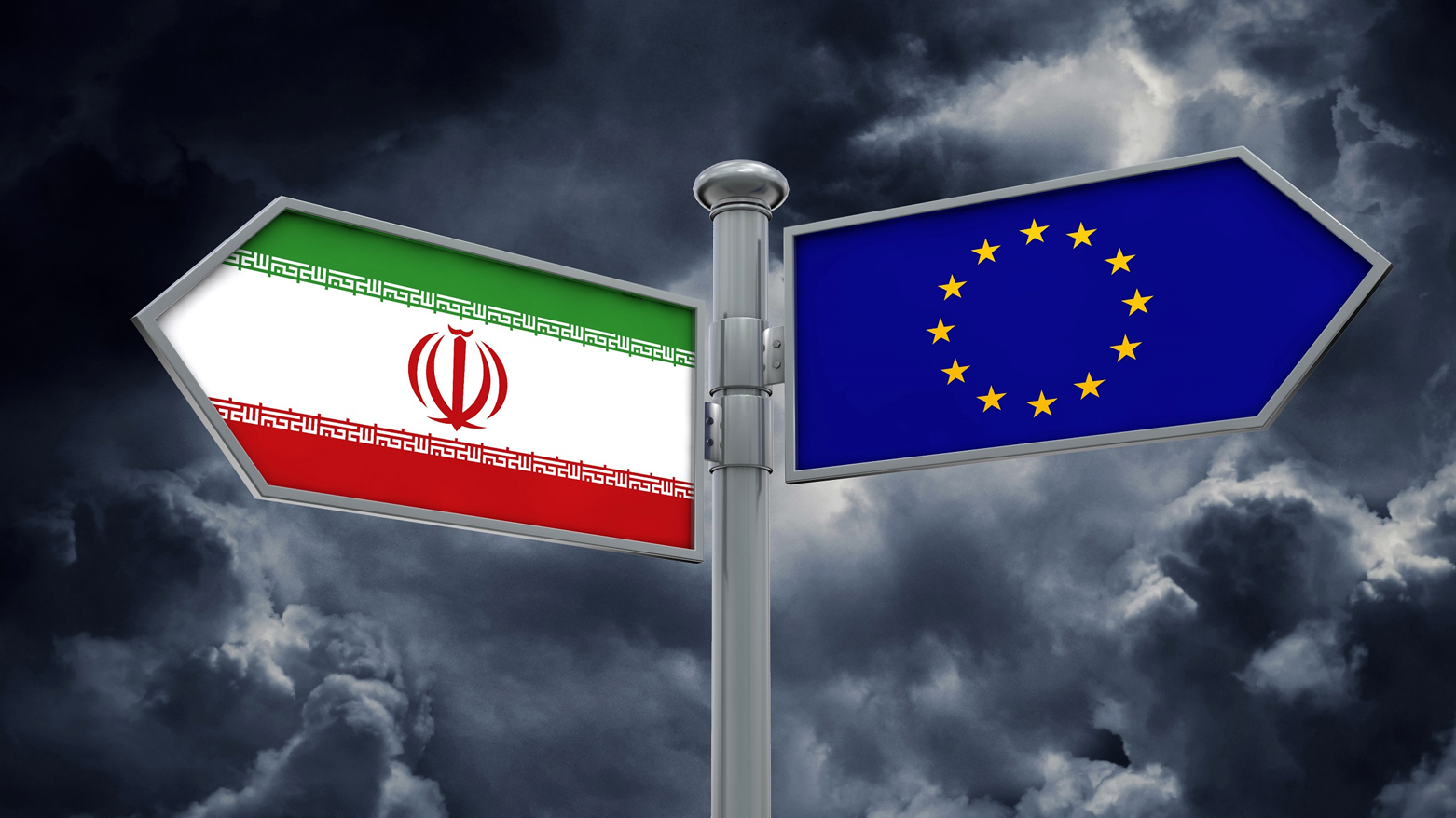Iran and European Powers to Resume Nuclear Talks as Snapback Sanctions Threaten
Iran and European powers to resume nuclear talks next week as E3 threatens snapback sanctions. Tehran faces a late-August deadline to curb enrichment and restore IAEA cooperation or face reinstated UN sanctions.

ERBIL (Kurdistan24) – Iran announced on Friday that it will hold fresh talks next week with Britain, France, and Germany on its nuclear program, as the three European powers warned that Tehran faces a narrowing window of time to avoid the activation of sweeping United Nations sanctions.
The consultations come as the E3 – signatories to the 2015 Joint Comprehensive Plan of Action (JCPOA) – threaten to trigger the agreement’s “snapback mechanism” by the end of August. The move would reinstate UN sanctions lifted under the deal unless Tehran agrees to curb its uranium enrichment and restore cooperation with the International Atomic Energy Agency (IAEA).
Iran halted collaboration with the UN nuclear watchdog in July, citing the IAEA’s failure to condemn Israeli and US strikes on its nuclear facilities during Tehran’s twelve-day war with Israel.
Following a phone call between Iranian Foreign Minister Abbas Araghchi and senior European diplomats, Tehran’s foreign ministry confirmed that deputy foreign ministers will meet with the E3 and the EU on Tuesday. The venue has not yet been disclosed.
France’s Foreign Minister Jean-Noel Barrot said the Europeans had delivered an “important call” to Tehran. “Time is running out. A new meeting will take place next week on this issue,” he posted on X.
Avec mes collègues @DavidLammy, @AussenMinDE et @kajakallas, nous venons de passer un appel important à notre homologue iranien au sujet du programme nucléaire et des sanctions contre l'Iran que nous nous apprêtons à réappliquer.
— Jan-Noël Barrot (@jnbarrot) August 22, 2025
Le temps presse. Une nouvelle rencontre aura lieu…
German Foreign Minister Johann Wadephul struck a similar tone, stressing: “We remain committed to diplomacy, but time is very short. Iran needs to engage substantively in order to avoid the activation of snapback. We will not let this expire unless there is a verifiable and durable deal.”
EU foreign policy chief Kaja Kallas underscored that “with the deadline fast approaching, Iran’s readiness to engage with the US is crucial. Iran must also fully cooperate with the IAEA.”
Tehran has rejected the legitimacy of the European stance. Foreign Minister Araghchi denounced the E3’s “lack of legal and moral competence” to trigger the mechanism and warned of “the consequences of such an action.”
Ali Larijani, secretary of Iran’s Supreme National Security Council, went further, accusing the Europeans of “carrying out part of America’s operations” by pursuing the snapback process. He said the “possibility has always existed” for Iran to withdraw from the Nuclear Non-Proliferation Treaty (NPT) if sanctions are restored, though Tehran has remained committed despite what it describes as the treaty’s “lack of benefit.”
Iran argues that its NPT membership guarantees the right to enrich uranium – a position Washington has deemed a red line, but which Tehran insists is non-negotiable.
The looming sanctions threat follows a period of heightened confrontation. In June, Israel launched an unprecedented bombing campaign against Iranian nuclear, military, and civilian sites, prompting missile retaliation from Tehran. The United States also struck Iranian nuclear facilities deep inside the country in support of its ally Israel.
Subsequent talks between Iran and the Europeans in Istanbul in late July were described by Tehran as “frank,” but the war derailed parallel negotiations with the United States.
The 2015 nuclear deal, intended to prevent Iran from developing nuclear weapons – an ambition Tehran has consistently denied – collapsed in 2018 when then-US President Donald Trump withdrew Washington from the accord and reimposed sweeping sanctions.
Since then, Tehran has repeatedly accused the European parties of failing to uphold their commitments.
